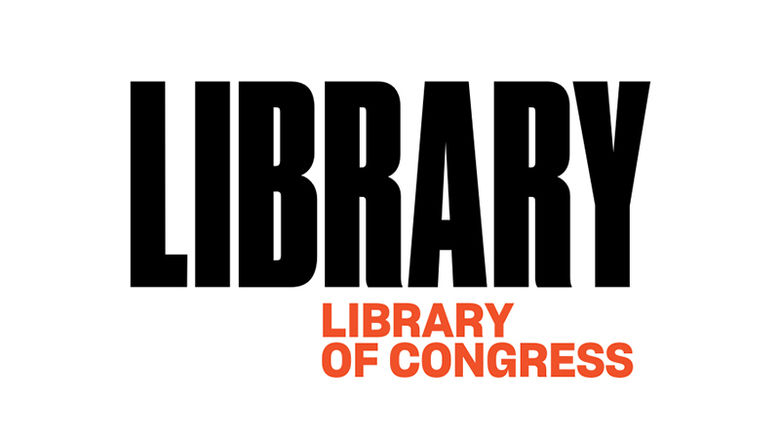
Laurie Grobman, left, helps a student at Penn State Berks.
READING, Pa. — Laurie Grobman, professor of English and women’s studies at Penn State Berks, was recently honored with the 2018 NCTE Richard C. Ohmann Outstanding Article in College English Award for her article titled “Engaging Race: Teaching Critical Race Inquiry and Community-Engaged Projects.”
The award presentation will take place during the NCTE Annual Convention in Houston, Texas, during the College Workshop Session from 2:45 to 5:30 p.m. on Saturday, Nov. 17.
The selection committee wrote, “Grobman’s article encourages critical understanding of African American culture, communities, discourse, language, and partnerships. At the same time, her honest reflection as an outsider working in a historically marginalized community and her effort to forward community members’ agency ahead of her own set a critically important, ethical example both for Grobman’s students and for other community-engaged scholars in the field.”
Grobman has worked in partnership with Penn State Berks students and leaders of the Central Pennsylvania African American Museum (CPAAM) in Reading and the local branch of the NAACP for more than a decade, which she states “… has indelibly changed who I am as a teacher, social justice advocate, and human being.”
The award is given in the name of Richard C. Ohmann, landmark editor of College English throughout the 1960s. It recognizes an outstanding refereed article in the past volume year that makes the most significant contribution to scholarship or research, or theory or pedagogy, in English studies.
To Grobman, receiving this award further demonstrates the importance of community-engaged projects and working in collaboration with African-American community partners and stakeholders.
“Having this work recognized as important and vital by my peers reaffirms that all of us must work together to understand and overcome the myriad ways racist and racial discourses perpetuate injustice. Doing so is as important now, in late 2018, as it ever was.”





